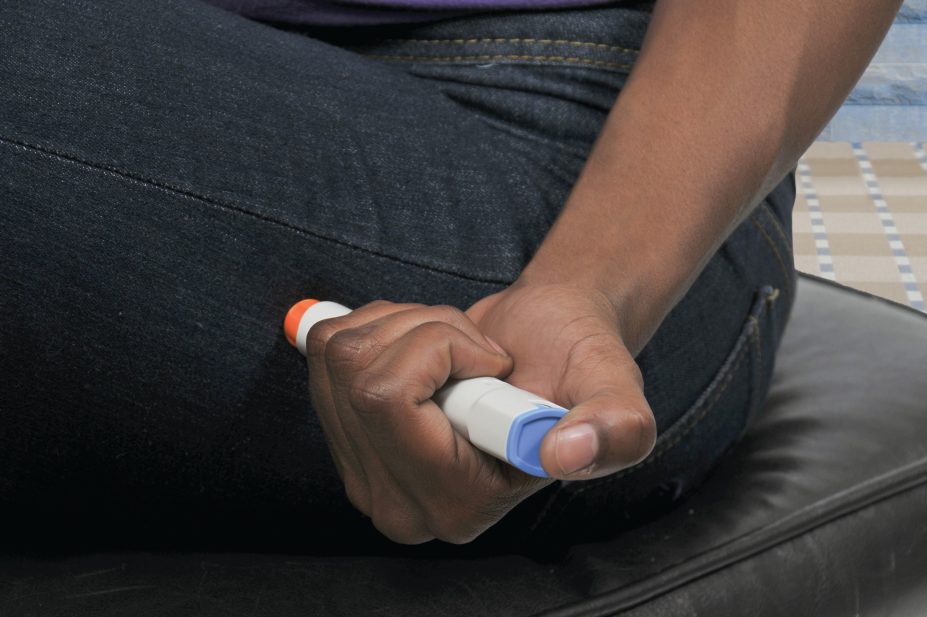
Shutterstock.com
Following a change in the law, all schools in the UK can now purchase adrenaline auto-injector (AAI) devices from their local pharmacy, without a prescription, for emergency use on children at risk of anaphylaxis.
The amendment to the Human Medicines Regulations 2017, which came into force on 1 October 2017 following a public consultation by the Department of Health (DH), means that children with severe allergies will have access to life-saving treatment in cases where their prescribed epi-pen is unavailable or fails to work.
“Every death of a child is a tragedy,” said health minister Jackie Doyle-Price.
”Parents of children with severe allergies who have been prescribed adrenaline auto-injectors will have increased peace of mind through these changes.”
As AAIs are prescription-only medicines, schools were not previously able to hold one in reserve. The Medicines and Healthcare products Regulatory Authority recommends that children at risk of anaphylaxis carry two with them at all times but these might misfire, be incorrectly used, out of date, or not immediately available.
However, it will not be obligatory for schools to obtain a spare AAI.
“We hope that many schools will take advantage of the new law — we have already had a number of enquiries and we look forward to being part of the campaign going forward to encourage schools to participate,” said Carla Jones, chief executive of the charity Allergy UK, which campaigned for the regulation change.
Schools must have consent from both a healthcare professional and the child’s parent or guardian to use the spare AAI.
The DH also issued new guidance for schools on how to use AAIs as well as how to spot the signs of a mild allergic reaction and severe anaphylaxis, and how best to respond. It recommends that schools should ensure that a named individual is responsible for overseeing the protocol for use of the spare AAI and that at least two individuals are responsible for its supply, storage, care and disposal.
In the UK, 5–8% of children have a food allergy and a fifth of all fatal reactions occur while at school. Anaphylaxis can proceed rapidly and failure to administer adrenaline promptly has been associated with fatal outcomes.
- A correction was made to this piece on 5 October 2017 to reflect the fact that the change of law applies to all schools in the UK, not just in England.


